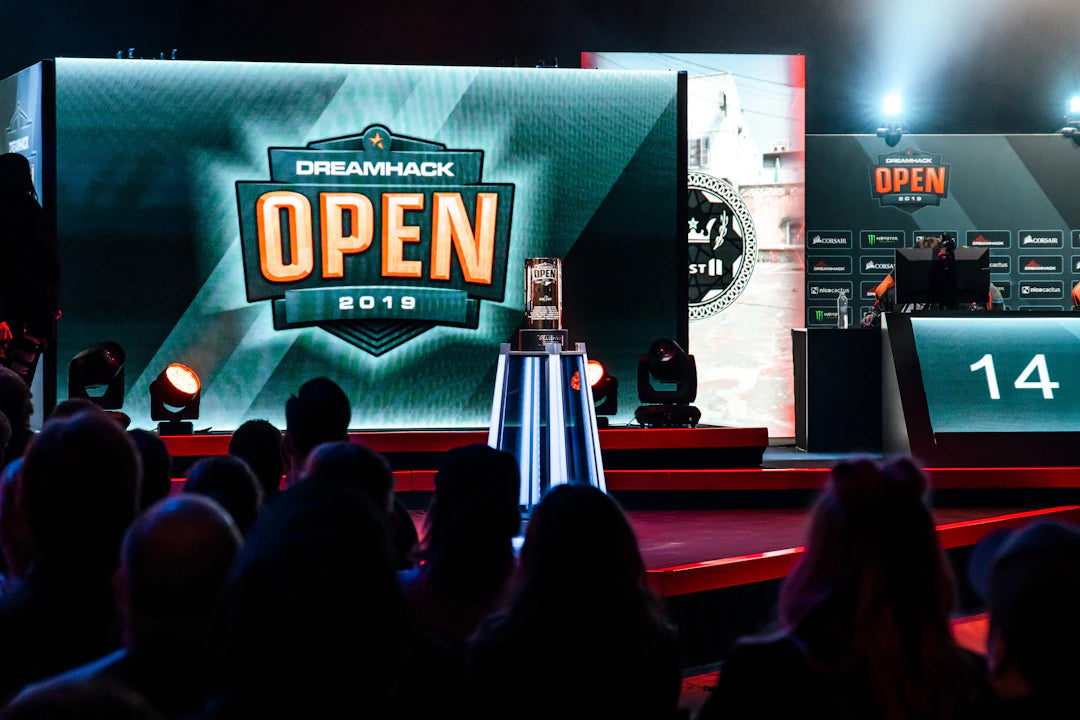Frequently Asked Questions
1. What is shuffleboard?
2. How do I choose a venue for my shuffleboard tournament?
3. What are some popular tournament formats for shuffleboard?
4. How can I promote my shuffleboard tournament?
5. What should I do to engage spectators during the tournament?
Hosting a shuffleboard tournament can be an exciting and engaging way to bring friends, family, or your community together for a bit of friendly competition. Shuffleboard is not only fun to play, but it also fosters social interactions that can lead to lifelong connections. Whether you're a seasoned player or a newcomer excited to dive into the game, organizing a shuffleboard tournament requires careful planning and execution. In this guide, we will provide essential tips to help make your tournament a success!
Understanding the Basics of Shuffleboard
Before diving into the tournament planning process, it's crucial to understand the game of shuffleboard itself. Shuffleboard is a game where players slide pucks down a long, smooth table to earn points by landing them in designated scoring zones. Here are some basic rules that you should know:
- Players: Shuffleboard can be played with two to four players or teams.
- Scoring: Points are awarded based on where the pucks land. The furthest zone provides the highest points.
- Deciding Turns: Players or teams take turns sliding their pucks, generally alternating between opponents.
Selecting the Perfect Venue
The venue you choose will have a significant impact on the tournament experience. Here are some factors to consider when selecting a space:
Space and Accessibility
Make sure the venue has enough space for players, spectators, and shuffleboard tables. Accessibility is also essential, so confirm that the location is easy to get to and has adequate parking.
Amenities
Consider whether the venue offers amenities such as seating, restrooms, and refreshment options. Having food and drink available will enhance the overall experience of the tournament.
Setting the Tournament Format
Deciding on a tournament format will help you organize a smooth-flowing event. Here are a few popular formats to consider:
Single Elimination
This format allows players to compete in matches, where the loser is eliminated. This format keeps the tournament exciting and fast-paced.
Double Elimination
A double elimination format allows players to lose once and still have a chance to win the overall tournament. This format often leads to more games and allows players to showcase their skills.
Round Robin
In a round-robin format, each player or team plays against every other player or team. This format can take longer but provides a more comprehensive overview of which player or team performs best overall.
Creating Clear Rules and Regulations
Establishing clear and concise rules is essential for a fair and enjoyable tournament experience. Here are some pointers for drafting tournament rules:
- Match Duration: Specify how long each match will last or how many rounds will be played.
- Scoring System: Clearly outline how points will be awarded during matches.
- Player Conduct: Set expectations for fair play and sportsmanship. Remind participants to respect their opponents and maintain a positive atmosphere.
Announcing the Rules
Distribute the rules to all participants before the tournament begins. This can be done via email or physical copies at the event to ensure everyone is on the same page.
Promoting Your Tournament
To attract players and spectators, you’ll need to effectively promote your shuffleboard tournament. Here are some strategies to consider:
Social Media Marketing
Utilize social media platforms like Facebook, Instagram, and Twitter to create buzz around your tournament. Share engaging content such as promotional graphics, countdowns, or fun facts about shuffleboard to encourage participation.
Community Boards and Flyers
Don’t underestimate the power of local advertising. Use community boards or local cafes and bars to post flyers about your tournament.
Event Registration
Make it easy for participants to sign up. Use platforms that allow for online registration or even create an event page on your Shopify store where interested players can comment, ask questions, and sign up.
Logistics and Equipment
Proper planning of logistics and equipment will ensure that the tournament runs smoothly from start to finish.
Shuffleboard Tables
Ensure that there are enough shuffleboard tables available for all participants. If possible, provide a range of table sizes for different skill levels to accommodate various players.
Scoring Tools
Prepare scoring tools like scoreboards or paper and pens to keep track of scores. Having a clear and visible scoreboard makes it easier for everyone to follow the tournament progress.
Timekeepers
Appoint someone to manage timing during matches to maintain structure. This person can also help control the flow of matches, ensuring players know when it’s their turn.
Engaging Spectators
Creating an enjoyable environment for spectators can enhance the tournament experience for everyone involved. Here are some tips:
Live Updates
Consider providing live updates during matches or a leaderboard that spectators can check periodically. This adds an exciting layer of engagement.
Food and Drinks
If possible, offer refreshments or snacks for spectators. Consider collaborating with local food vendors or food trucks to provide a delightful selection for attendees.
Fun Entertainment
Incorporate entertainment like music that complements the atmosphere. Perhaps a DJ or playlist can create a lively ambiance throughout the event.
Celebrate Achievements and Foster Community
At the end of the tournament, celebrate not just the winners but every participant. Consider these practices:
Awards Ceremony
Hold a small awards ceremony to honor the winners alongside all participants. This could include certificates or fun trophies that represent their achievement, ensuring everyone feels recognized.
Feedback Loop
Ask for feedback from participants and attendees about the event. This information can be invaluable for improving future tournaments and ensuring that everyone feels heard.
Building Lasting Connections
Encourage players to network after the matches. Shuffleboard is a social game, and creating a welcoming community can lead to future tournaments and friendly matches.
Taking It to the Next Level
Once you've successfully hosted a shuffleboard tournament, consider taking it to the next level. Here are some ideas:
Annual Tournaments
Make your tournament an annual event! Establish a date every year where participants can look forward to the competition, attracting new players each time.
Charity Events
Consider organizing charity tournaments where a portion of the proceeds goes to a local cause. This not only promotes goodwill but also encourages community involvement.
Incorporate Different Games
Expand beyond shuffleboard by incorporating other games, creating a full day of fun and enriching activities that appeal to a broader audience.
Hosting a shuffleboard tournament may seem daunting at first, but with these practical tips to guide you, you can create a memorable event that brings people together in a spirit of camaraderie and friendly competition. Ready to hit the shuffleboard tables? The competition awaits, and it’s time for you to put your skills to the test while creating unforgettable memories!



